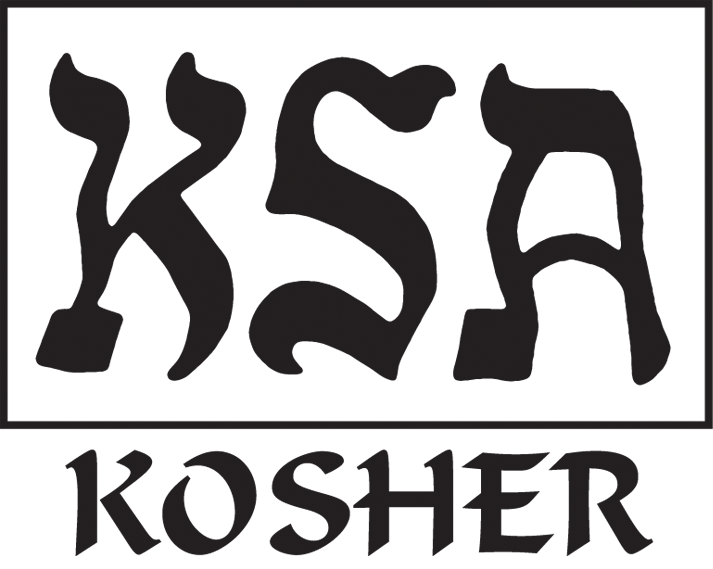Kosher refers to food that is prepared and consumed according to Jewish dietary laws.
The main principles of Kosher include specific guidelines for selecting and preparing food, as well as the avoidance of certain prohibited ingredients and food combinations.
Kosher dietary laws are followed by Jewish individuals who observe the religious requirements related to food and many others who choose kosher products due to their perceived quality, and cleanliness.
Kosher symbols indicate that the food product has been certified as Kosher by a recognized Kosher certification agency. They help consumers identify Kosher products easily.
Kosher food is typically categorized as either “meat,” “dairy,” or “pareve” (neutral). Meat and dairy products must be kept separate, and there are specific guidelines for consuming them together.
Examples of Kosher dietary restrictions include the prohibition of consuming pork, shellfish, mixing meat and dairy products, and certain types of blood.
Not all Kosher food is labeled with a Kosher symbol. However, many Kosher products display a recognizable Kosher certification symbol to assure consumers of their Kosher status.
Yes, a non-kosher kitchen can be transformed into a Kosher kitchen by following specific procedures and guidelines outlined by a qualified Kosher authority.
KSA was founded over 30 years ago by Rabbi Binyomin Lisbon in a small office in Los Angeles. Since then, we have expanded globally, with offices in various locations, providing certification to companies worldwide.
The process is simple and customer-friendly! To get your products certified, you can easily submit a Kosher application through our website. Once we receive the application, a KSA representative will contact you within 24 hours to discuss the details of your products and company. If everything meets the requirements, we will arrange for an initial inspection and provide you with an exact quote for KSA Kosher certification.
KSA values and appreciates our relationships with other Kosher agencies. However, we believe it is not our role to evaluate certifying agencies. We recommend consulting with your local Rabbi or community Kashrus agency for information regarding the status of specific agencies.
Absolutely! KSA Kosher ensures representation at all major food shows (barring it is not on Saturday/Sabbath). We prioritize visiting our certified companies at these shows and also meeting with new companies interested in pursuing Kosher certification.
There are several reasons why a product may sometimes lack the KSA symbol:
To clarify the reason, consumers are encouraged to directly contact the KSA through our website.
Yes, KSA Kosher is proudly recognized as a 100% Orthodox Kosher Certification Agency. Rabbi Yechezkel Auerbach serves as our Senior Rabbinical Coordinator and Rav Hamachshir, leading our efforts.
Absolutely! KSA Kosher is a proud member of the Association of Kashrus Organizations (AKO), an invitation-only association of Kosher certifiers who adhere to normative Kashrus standards and ethics.
